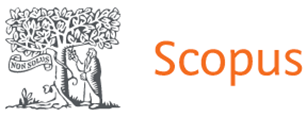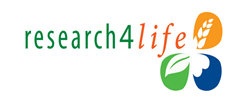LINGUOPOETICS TODAY
DOI:
https://doi.org/10.15330/jpnu.6.2.55-70Keywords:
linguopoetics, linguostylistics, literary discourse, text, meaning, styles, image, trope, metaphor, symbolAbstract
The article highlights a complex of problems addressed by linguopoetics, the science that concerns itself with the language of fiction and poetry. Linguopoetis as the study of imagery, its rules and means aims at revealing the potential power of tropes in literary texts; more importantly, it provides understanding of the principles that govern text organization in terms of the philosophy of knowledge, the unity of language and thought, the linguistic picture of the world. The system of ideas and images presented in literary discourse requires a holistic approach rather than the discussion of separate text fragments, i.e. the analysis of ‘vertical context’. Comprehension of metaphoricity presupposes generalizations at the level of the semantic structure of the whole text with its colloquialisms and metaphorical imagery, transformations of figurative and non-figurative meanings, stylistically neutral and marked elements, connotative layers and additional new meanings. A distinctive feature of modern literary texts is deviations from codified literary norms; such divergences create ‘freshness’, originality of expression; they create unique images providing deep psychological insight and eloquence. The study of modern literary discourse involves investigation into the general characteristics of national idiolect, its specificity, authors’ ideostylistic features. The analysis of individual styles of writing, on the material of modernist prose and poetry in particular, makes it possible to establish current literary trends and innovative tendencies in modern Ukrainian literature.











